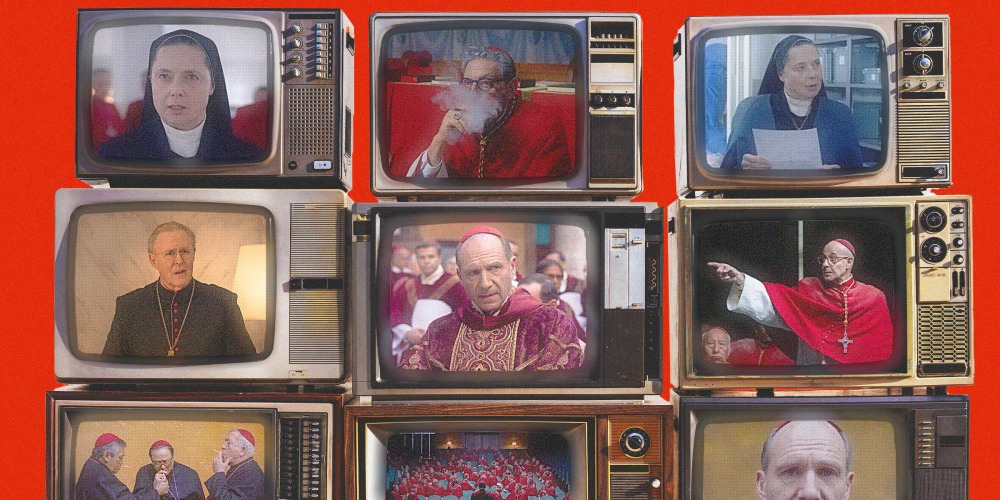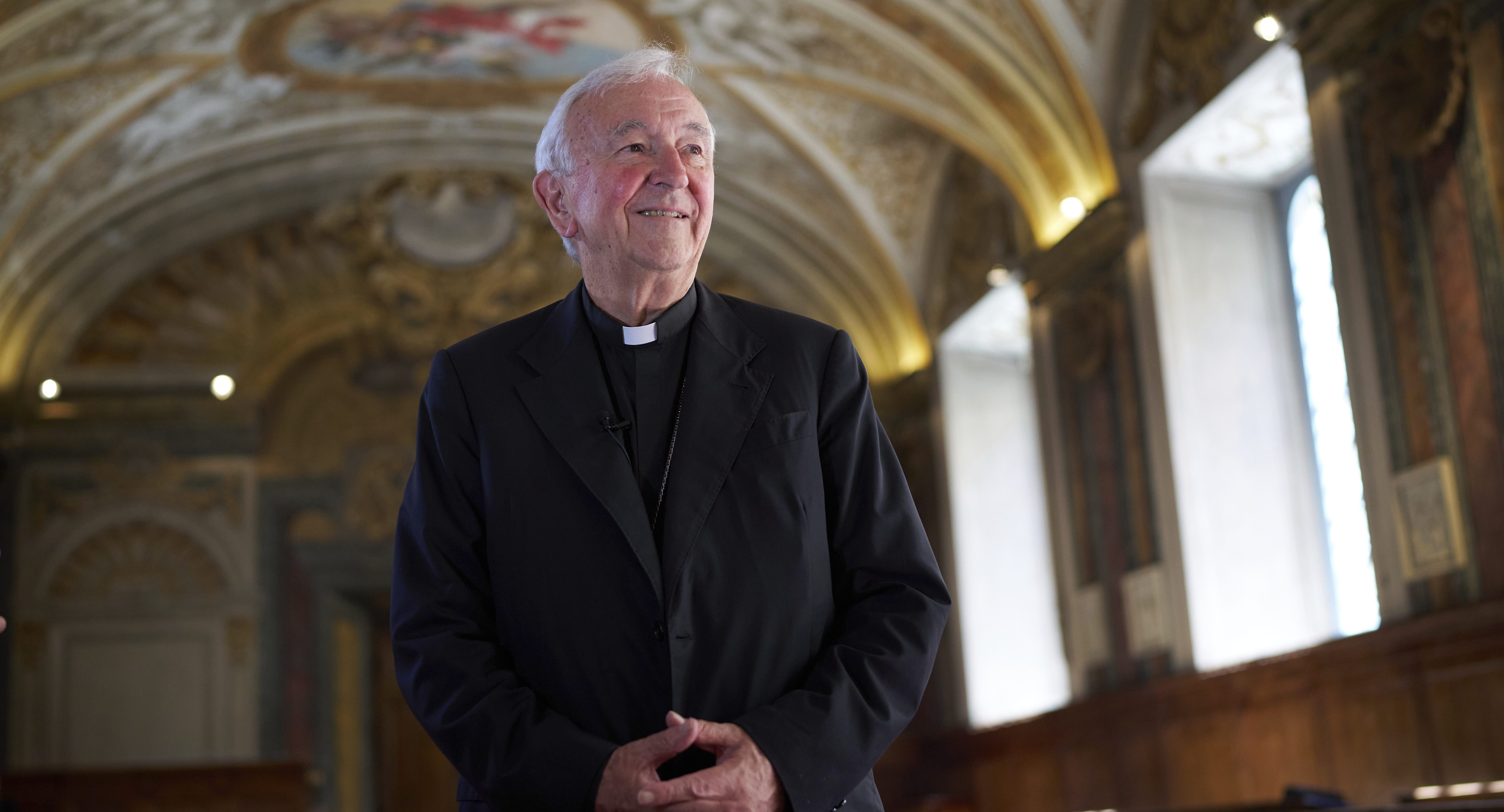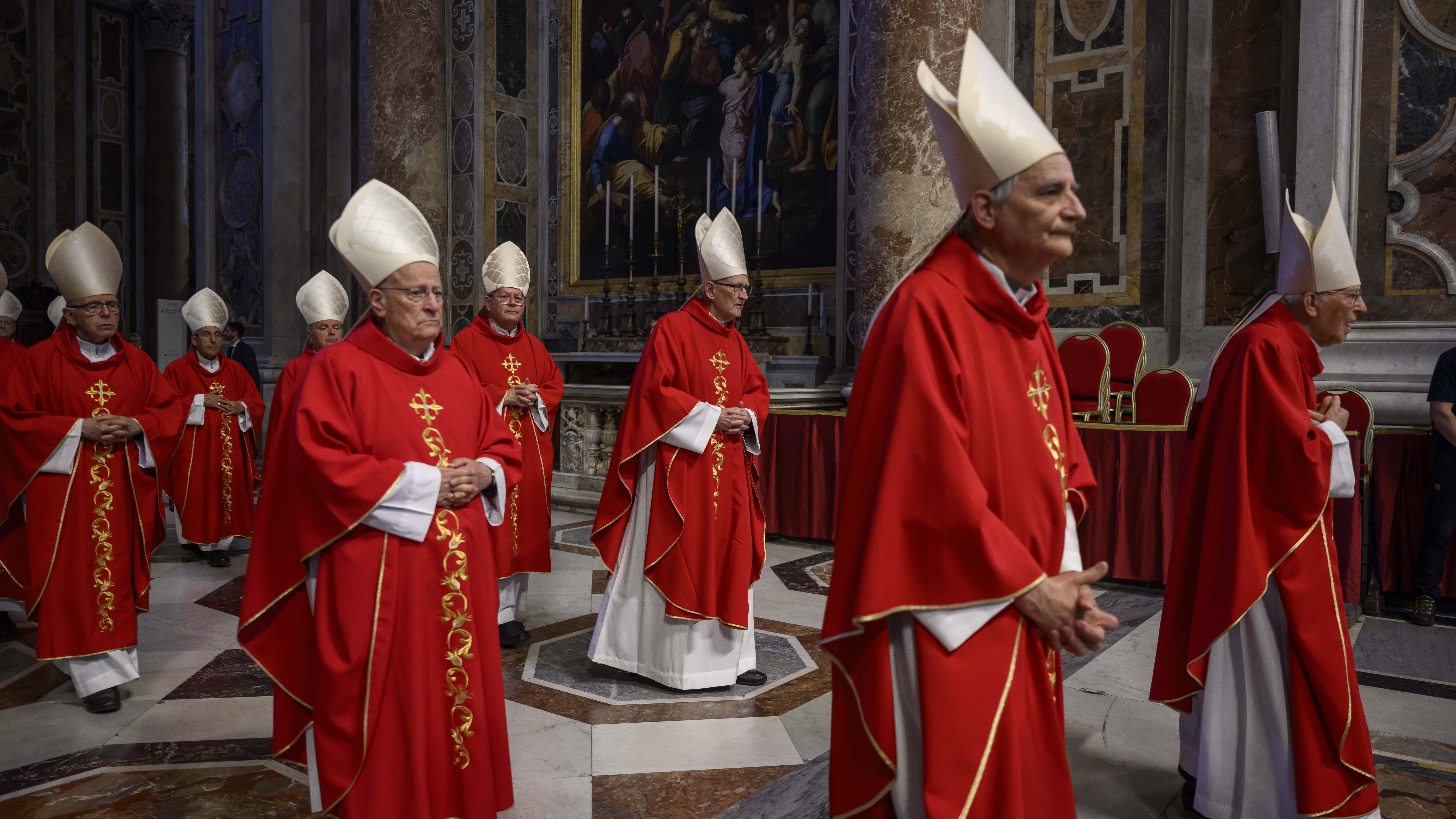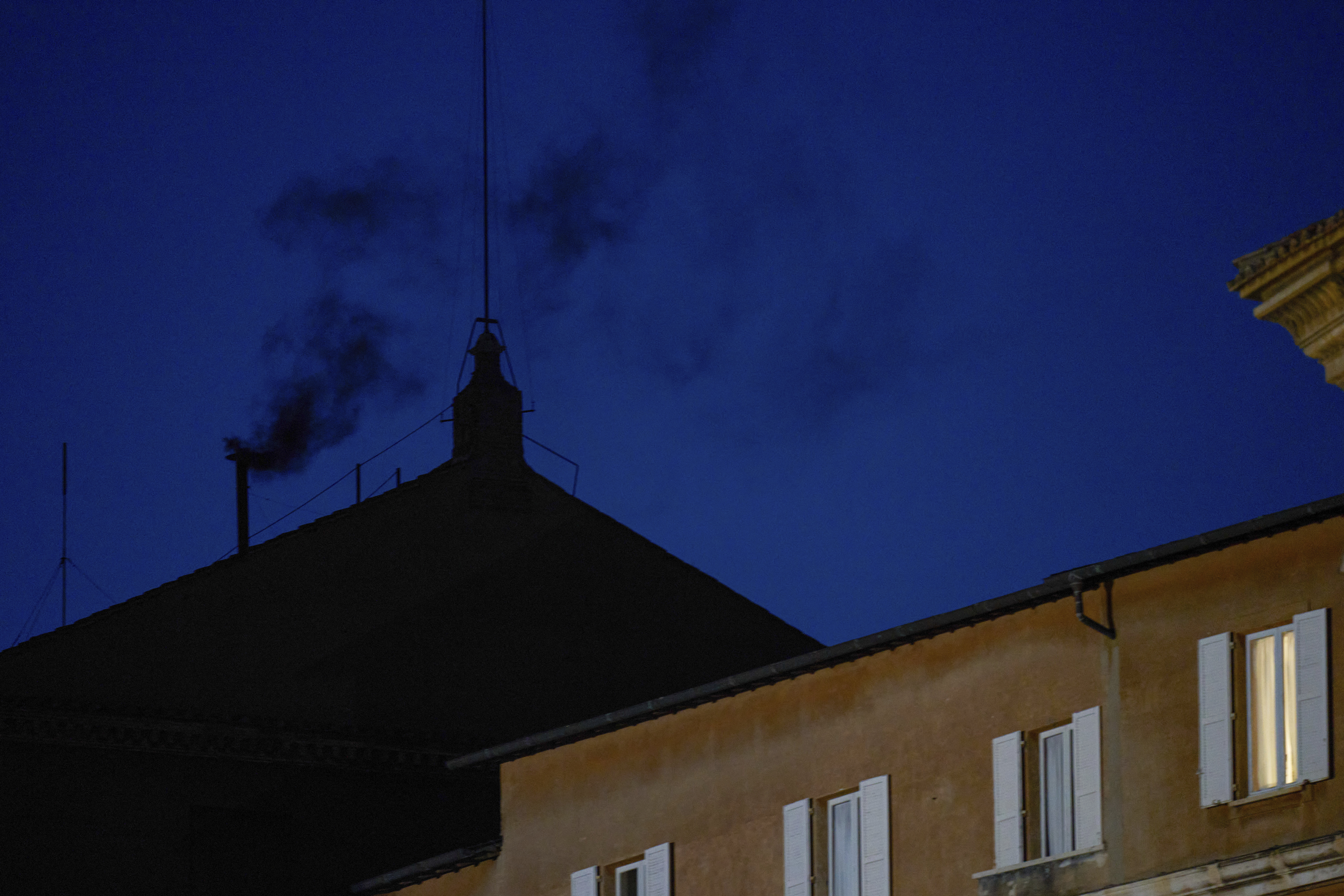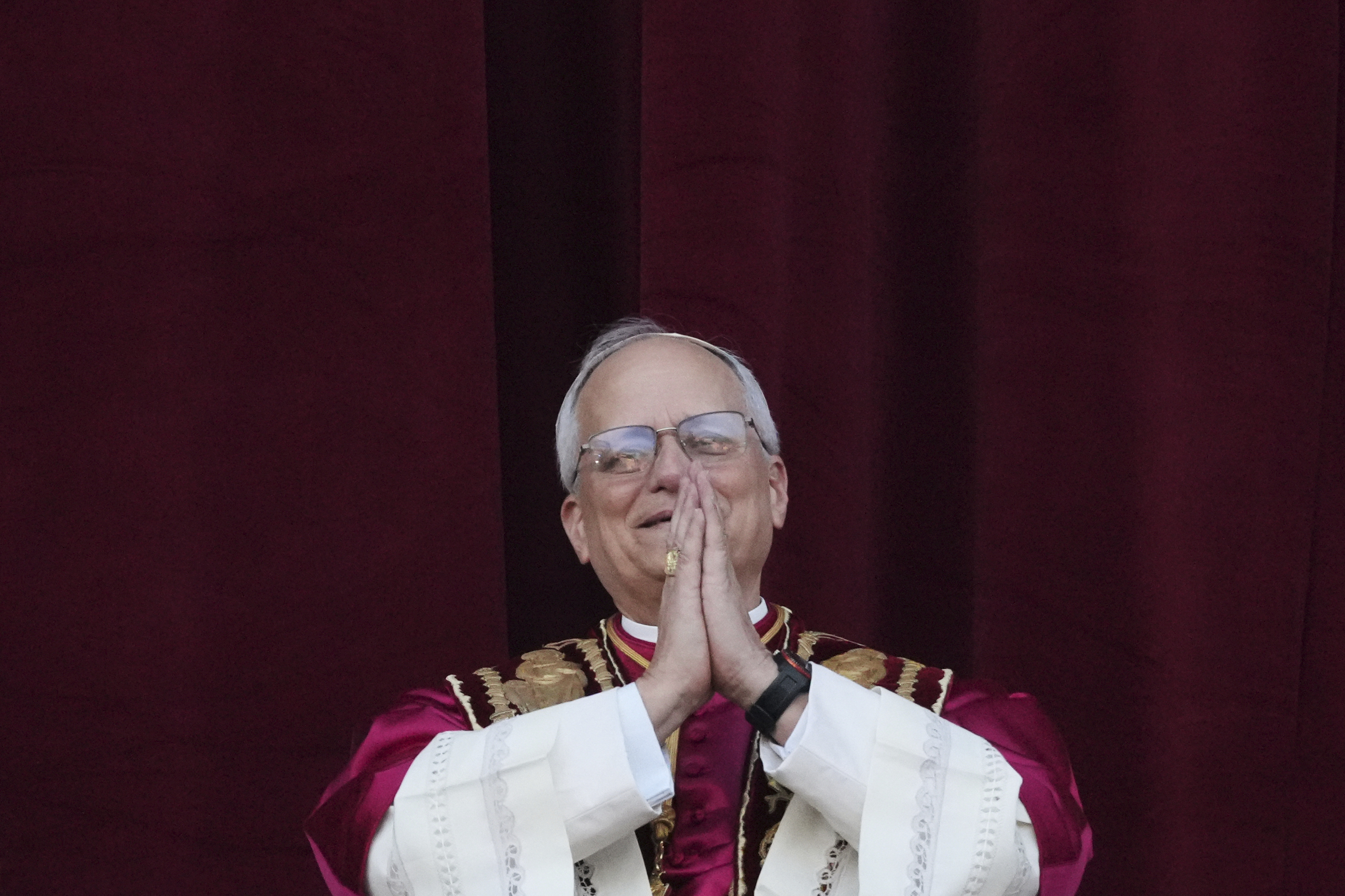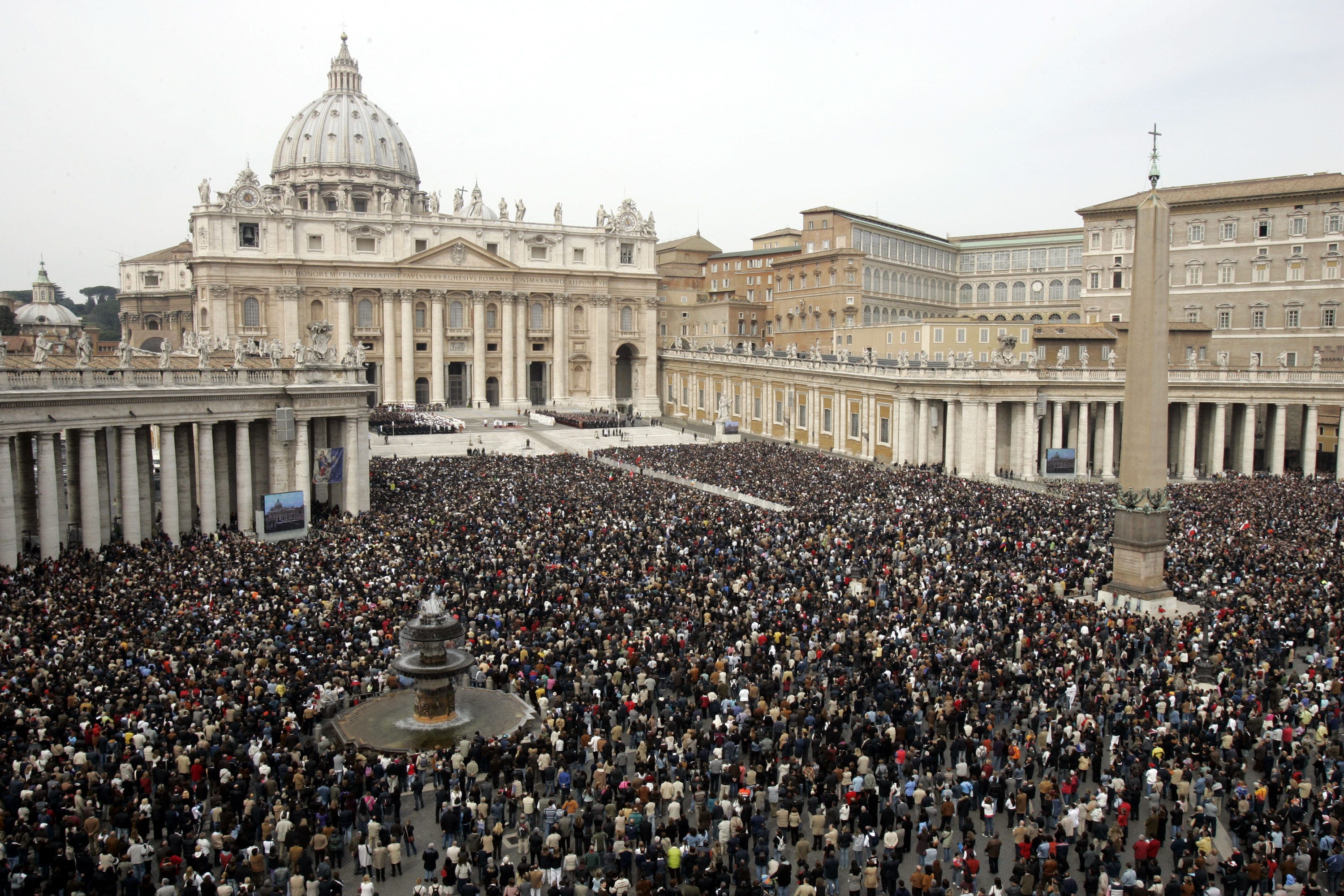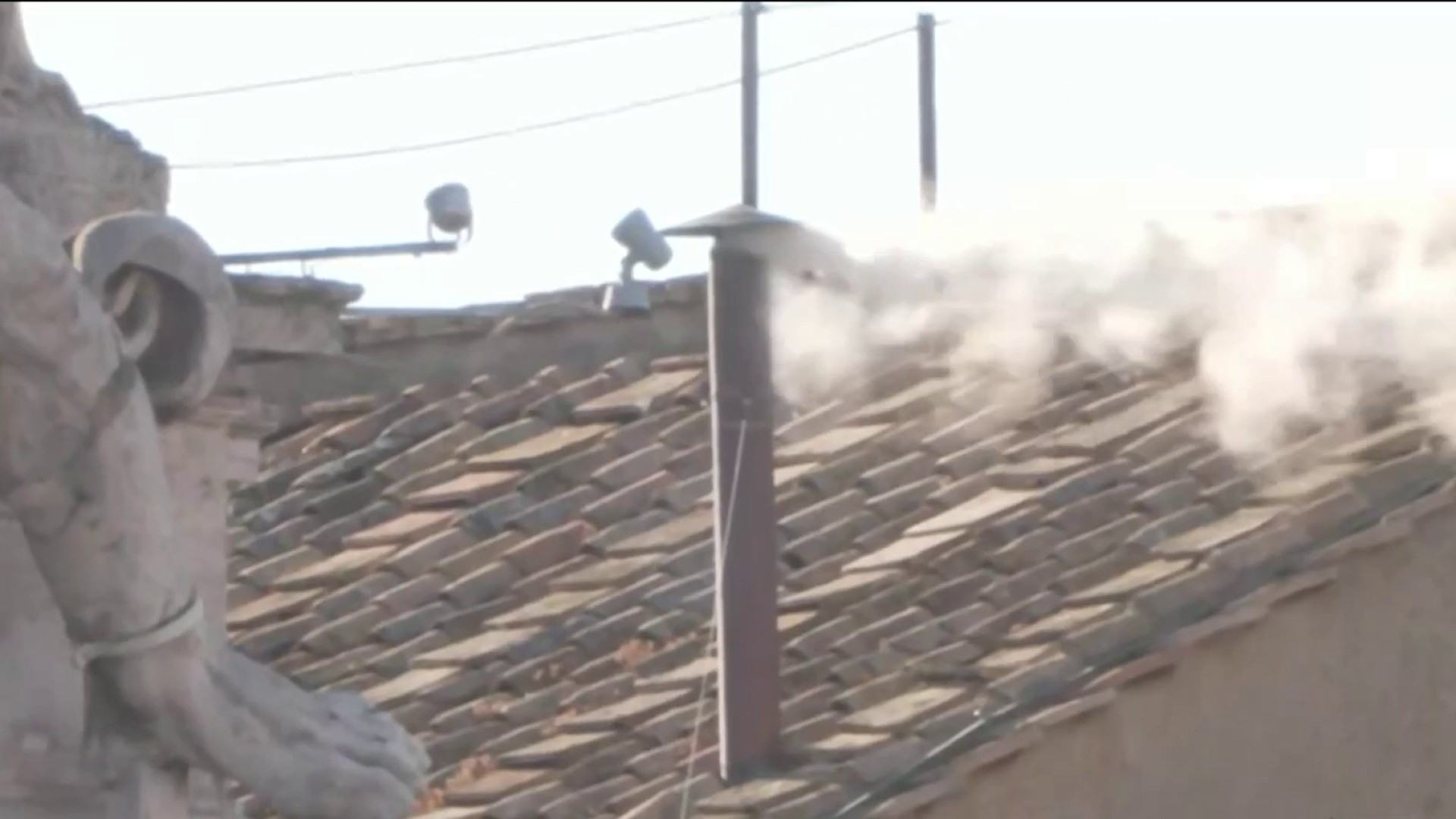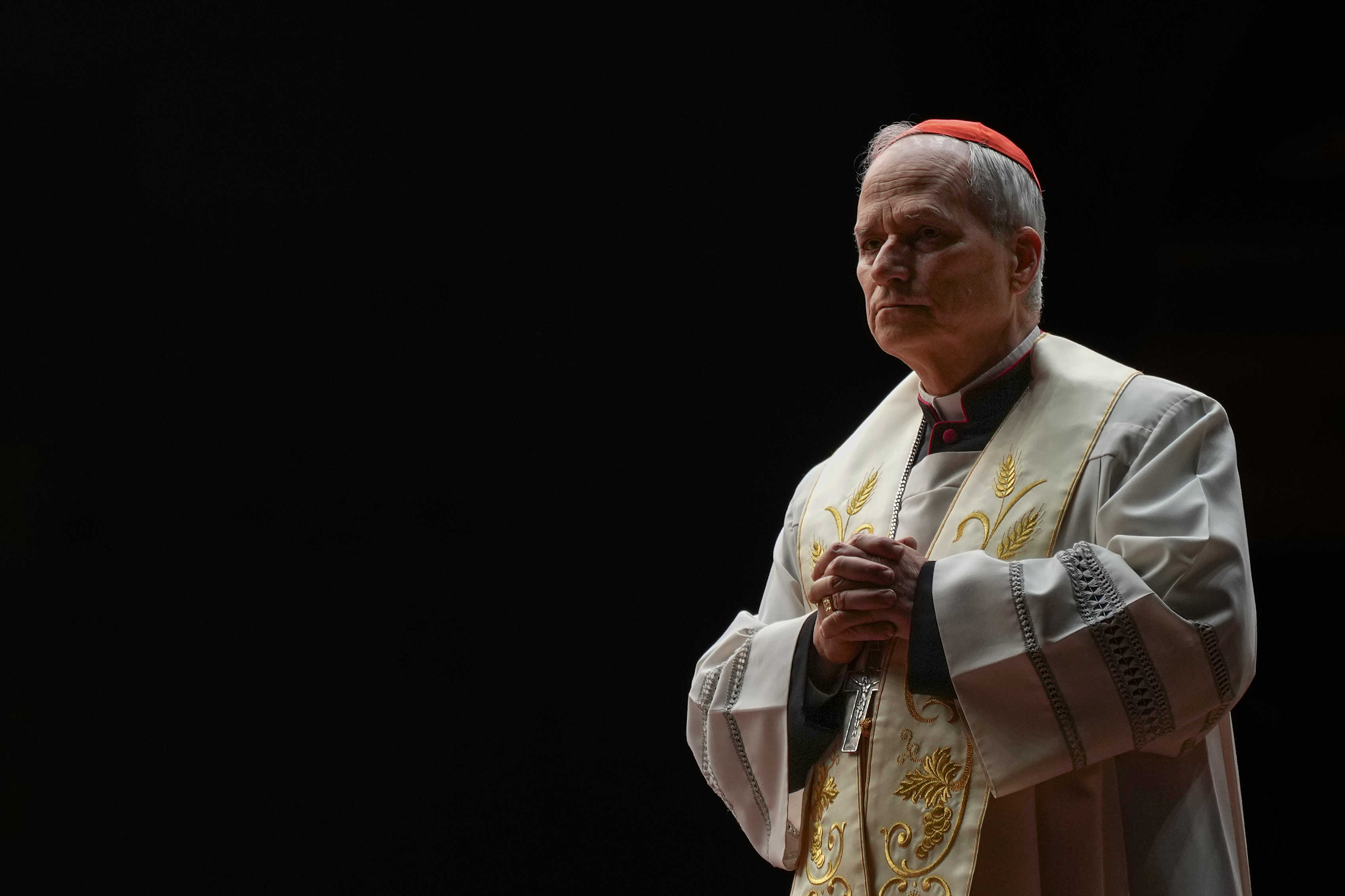Papal Conclave Explained: How the Next Pope is Elected!
Decoding the Conclave: How the Next Pope is Chosen (Inspired by Hollywood!)
Lights, Camera, Conclave! Why the Movie's Sparking Interest
With the recent news surrounding the Vatican, the world's attention has turned, once again, to the papacy. And surprisingly, people aren't just reading theological texts; they're turning to the silver screen! News of Pope Francis' passing (or potential resignation in the future) has ignited a renewed interest in the process by which the next pontiff is chosen. You might ask, what’s the big deal? Well, the election of a new Pope is a momentous occasion, steeped in tradition and shrouded in secrecy. And the movie "Conclave," a recent Oscar winner for best adapted screenplay, is giving viewers a peek behind the Vatican’s closed doors.
According to Luminate, the film “Conclave” experienced a spike in viewership across streaming platforms. Edward Berger's captivating drama, featuring power-hungry cardinals played by Ralph Fiennes, Stanley Tucci, and John Lithgow, has captivated audiences and made them wonder: what *really* goes on in there? Is it all as dramatic as the movies portray? Let's dive into the fascinating and somewhat mysterious world of the papal conclave.
The Basics: What is a Papal Conclave?
So, what exactly *is* a papal conclave? Think of it as the Vatican's version of a high-stakes board meeting, but instead of deciding on a new product launch, they're electing the leader of the Catholic Church. It's the assembly of cardinals whose sole purpose is to choose the next Pope. The term "conclave" itself comes from the Latin "cum clave," meaning "with a key," referring to the fact that the cardinals are locked away until they reach a decision. No phones, no internet, just prayer, discussion, and voting.
Who Gets to Vote? The Electoral College of Catholicism
Not just anyone can cast a ballot for the next Pope. The right to vote is reserved for cardinals who are under the age of 80 on the day the papacy becomes vacant. This restriction ensures that the electors are still active and able to fulfill the duties of the papacy. Cardinals above that age can participate in pre-conclave meetings, offering their wisdom and experience, but they don't get to vote. Imagine turning 80 and realizing you’re essentially being told, “Thanks for your service, but you're benched now!”
Pre-Conclave Meetings: Setting the Stage
Before the actual voting begins, the cardinals hold a series of general congregations, or pre-conclave meetings. These meetings are crucial for discussing the state of the Church and identifying the challenges that the next Pope will face. They also serve as a time for the cardinals to get to know each other better, especially those who may not have worked together previously. It's a bit like a political convention, but with more robes and less cheering (maybe).
The Secrecy Pact: What Happens in the Conclave, Stays in the Conclave
Secrecy is paramount during a papal conclave. Cardinals are sworn to absolute silence about the proceedings, under pain of excommunication. This is to prevent any outside influence or pressure from swaying the election. The entire process is designed to be free from political interference. The idea is to create an environment where the cardinals can vote according to their conscience, guided by the Holy Spirit.
Maintaining Silence: Technology is a No-Go
To ensure secrecy, the cardinals are cut off from the outside world. No cell phones, no internet, no newspapers, no television. It's a complete media blackout. The only communication allowed is among the cardinals themselves. They are, quite literally, locked away from modern communication methods.
Entering the Sistine Chapel: The Heart of the Conclave
The conclave takes place in the Sistine Chapel, a location chosen for its beauty and historical significance. Imagine casting your vote under Michelangelo's breathtaking frescoes – talk about pressure! The cardinals process into the chapel, singing the Veni Creator Spiritus, a hymn invoking the Holy Spirit. It’s a solemn and awe-inspiring moment.
The Voting Process: Ballots, Prayers, and a Whole Lot of Smoke
The voting process is intricate and ritualistic. Cardinals write the name of their chosen candidate on a ballot, fold it in half, and carry it to the altar. They then swear an oath that they are voting for whom they believe God has chosen. The ballots are then placed in an urn. It is a highly formal and prayerful process.
How Many Votes are Needed? The Magic Number
To be elected Pope, a candidate needs a two-thirds majority of the votes. If no one reaches this threshold in the first round, voting continues, usually twice in the morning and twice in the afternoon. The process can take days, or even weeks, depending on the level of consensus among the cardinals.
The Smoke Signals: Black or White?
One of the most iconic images of a papal conclave is the smoke billowing from the chimney of the Sistine Chapel. After each round of voting, the ballots are burned. If no Pope has been elected, straw is added to the fire, creating black smoke ("fumata nera"). White smoke ("fumata bianca") signals that a Pope has been chosen. This visual cue alerts the world to the outcome of the election. It’s a simple yet effective way to communicate the news.
Acceptance and Inauguration: Habemus Papam!
Once a cardinal receives the required two-thirds majority, he is asked if he accepts the election. If he accepts, he becomes the Pope-elect. He then chooses his papal name and is formally introduced to the world. The famous announcement "Habemus Papam!" ("We have a Pope!") is made from the balcony of St. Peter's Basilica.
The Role of the Holy Spirit: Divine Intervention or Political Maneuvering?
The Catholic Church believes that the Holy Spirit guides the cardinals in their choice of Pope. However, the reality is often a complex interplay of faith, politics, and personal relationships. Whether you believe in divine intervention or not, the process is certainly influenced by human factors.
"Conclave" and Pop Culture: Bridging Faith and Film
The movie "Conclave," and other fictional depictions of papal elections, tap into our fascination with the inner workings of power and the mysteries of the Vatican. These films offer a glimpse into a world that is normally hidden from view, even if they take some liberties with the actual process. The movie has sparked conversations about faith, politics, and the challenges facing the Catholic Church.
Beyond the Drama: Finding Truth in Fiction
While "Conclave" undoubtedly adds dramatic flair, it also raises important questions about the qualities needed in a Pope, the role of tradition, and the challenges of leading a global institution. It encourages viewers to think critically about the papacy and its place in the modern world. Perhaps a little over the top, but it makes you think.
The Future of the Papacy: What Challenges Await the Next Pope?
The next Pope will face a multitude of challenges, from declining church attendance in some parts of the world to addressing issues of abuse and fostering dialogue with other religions. He will need to be a strong leader, a compassionate pastor, and a skilled diplomat. The weight of the world, or at least the Catholic part of it, rests on his shoulders.
Conclusion: A Timeless Tradition in a Changing World
The papal conclave is a unique and ancient tradition that has evolved over centuries. While movies like "Conclave" may add some Hollywood drama, they also serve to highlight the significance of this event and the challenges faced by the Catholic Church. Whether the next papal election is soon or in the distant future, the world will be watching, waiting for the white smoke to signal a new chapter in the history of the papacy. The process combines deep religious tradition with practical considerations, making it a fascinating blend of faith and real-world decision-making. It's a reminder that even in the 21st century, ancient traditions can still hold immense power and fascination.
Frequently Asked Questions
Q: How long does a papal conclave usually last?
A: There's no set time limit. Some conclaves have lasted only a few days, while others have gone on for weeks. It depends on how quickly the cardinals can reach a consensus.
Q: What happens if the cardinals can't agree on a candidate?
A: If the cardinals are deadlocked after several days of voting, the Dean of the College of Cardinals can call for a period of prayer and reflection. They might also revisit the rules of the election in an attempt to break the stalemate.
Q: Can a cardinal vote for himself?
A: Yes, a cardinal can vote for himself. However, it's generally considered unlikely that someone would be elected Pope solely on their own vote.
Q: What happens after the "Habemus Papam!" announcement?
A: The new Pope is vested in papal robes and then appears on the balcony of St. Peter's Basilica to give his first blessing to the crowd gathered below. He is now the leader of the Catholic Church.
Q: Are non-cardinals ever considered for the papacy?
A: While technically any baptized male Catholic is eligible to be elected Pope, in practice, only cardinals are ever considered. The Cardinals, knowing each other and familiar with the process, would unlikely choose someone outside of their ranks.
